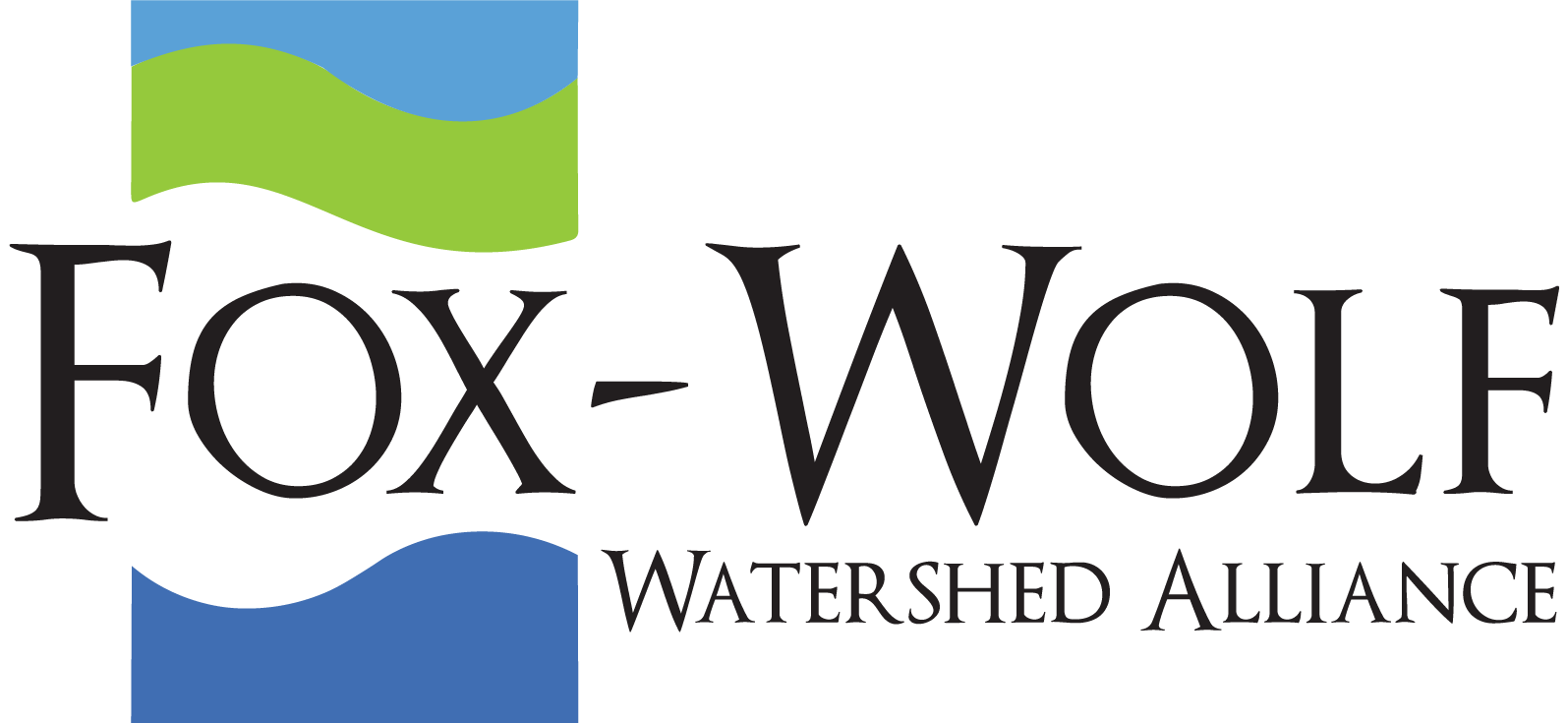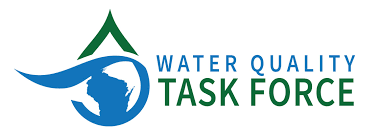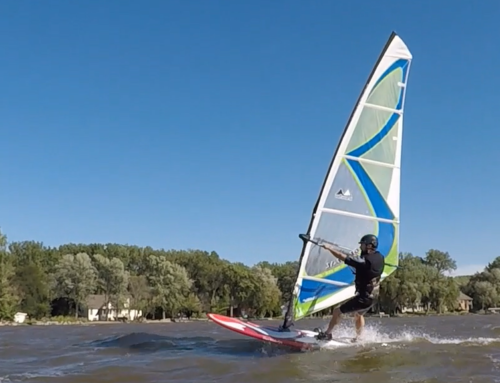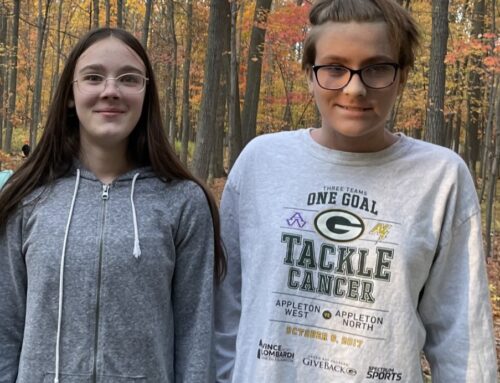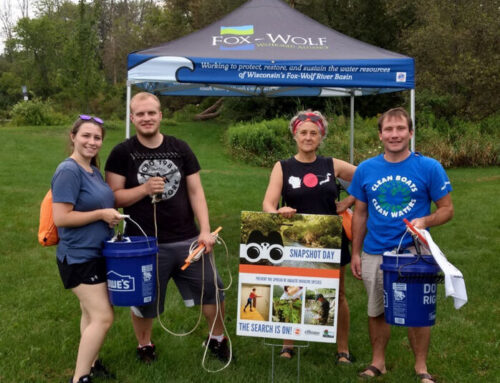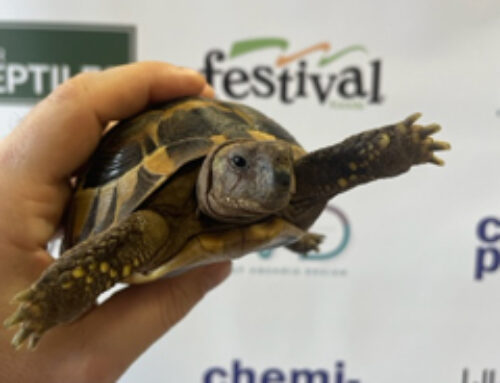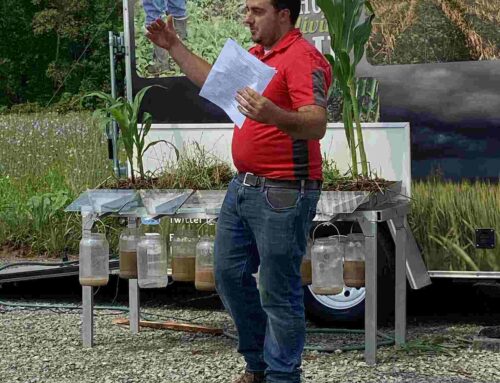
As Speaker of the Wisconsin State Assembly, Robin Vos created the Task force on Water Quality to gather information and make policy recommendations for the improvement of both ground water and surface water quality in Wisconsin. Throughout 2019, the Speaker’s Task Force toured the state to learn about water quality issues and potential solutions.
The Water Quality Task Force held 14 hearings across the state of Wisconsin and brought in local businesses, farms, municipalities, and other organizations to discuss their relationship with water. These hearings were held in Madison, Lancaster, Janesville, Mauston, La Crosse, Burlington/Sturtevant, Tomahawk, Stevens Point, Milwaukee, Green Bay, Marinette, Menomonie, and Superior.
During the Green Bay Meeting, the Fox-Wolf Watershed Alliance presented on the value of the water in northeast Wisconsin. Read more here!
The Water Quality Task Force published their recommendations on January 8th, 2020.
These hearings have led to the recommendation of 13 new legislative proposals. These 13 proposals include:
- Creating the Office of Water Policy within the Wisconsin Geological and Natural History Survey
-
- This policy provides one full-time staff person to provide technical assistance to units of government outside the state government through assisting the planning and implementing of water resource policies.
- Increased funding for County Conservation staff
-
- Funding would be increased by just shy of $3 million dollars to fully fund an average of three county conservation staff per county.
- Revising the current Well Compensation Grant Program which addresses nitrate contamination
-
- This proposal will increase funding to the grant program by $1 million, it will require prioritization of grants by concentration of nitrate present and would fund the creation of a new position to administer the grant program.
- A public comment area will be established to create groundwater standards
-
- To establish groundwater standards, the substances polluting groundwater needs to be identified and then is sorted into three categories created by the DNR
-
-
- Category 1 substances are those which have been detected in groundwater in concentrations in excess of a “federal number” for that substance
- Category 2 substances are those which are of public health or welfare concern and have been detected in groundwater, but not in concentrations in excess of an existing federal number
- Category 3 substances are those which are of public health or welfare concern and have a reasonable probability of being detected in groundwater. Each substance is ranked within its category, with the highest rankings given to those substances which pose the greatest risk to human health or welfare, taking into consideration certain characteristics, including carcinogenicity, teratogenicity, and mutagenicity
-
-
- Once the substance is categorized, a posting will be made for the public to comment on the decision for 21 days
- Create a pilot program for nitrate contamination
-
- Along with the increase in funding to the nitrate contamination grant program, mentioned above, this proposal will also start a program to fund farmers to implement projects the decrease nitrogen run-off from their fields.
- Assistance to farmers for conservation
-
- This proposal would include provisions regarding managed grazing, Alliance for Water Stewardship program certification, cover crop insurance rebates, the producer-led watershed grant program, and the soil and water resource conservation grant allocation.
-
-
- Each of these areas have their own recommendation but overall, funding would be increased to DATCP to administer to the different programs listed above. Read more about each recommendation in the full report, link included below
-
- Groundwater testing, mapping, and educational outreach
-
- This proposal would create the following position as well as create a grant program to support the testing of the wells and provide education outreach.
-
-
- A hydrogeologist would be hired as a project position through the Wisconsin Geological and Natural History survey
- Increased funding to the Center for Watershed Science and Education
- County specific grants to assist with the funding of well testing
- Phosphorus research
-
- Freshwater collaboration
-
- This proposal would increase funding to the UW Board of Regents for freshwater collaboration and to study agricultural water management and challenged facing water quality including emerging contaminants.
- Per-and Polyfluoroalkyl Substances (PFAS)
-
- PFAS are man-made chemicals that persist throughout our environment and have been used since the 1940s.
- This proposal would require DATCP, with DNR cooperation, to create a program with the intent to collect, store, and disposed of the firefighting foam that contains PFAS.
- Wetland and Floodplain Restoration
-
- The current law provides municipal flood control and riparian restoration program financial assistance for certain local storm-water and groundwater projects. This program contains a number of criteria to be considered before the DNR will fund a project through this program, including the priority of the project.
-
- The task force is proposing that the introduced bill will require the DNR to also consider cost effectiveness of the project and will also look to remove the priority order of projects. The priority list is included in the full report.
- Wisconsin Fund for Septic Systems
-
- Currently the Department of Safety and Professional Services (DSPS) administers the Wisconsin Fund which provides grants to help repair, rehabilitate, or replaces failing private on-side wastewater treatment systems (POWTS). This program is set to end on June 30, 2021
-
-
- The Water Quality task forces has recommended to push the end date of the program to June 30, 2023
-
-
- They will also be proposing that the DSPS create literature to explain funding eligibility and will be looking to hire two full time project positions to assist with building the capacity of the POWTS program.
- Biomanipulations Projects
-
- Biomanipulation is the removal or addition of certain fish species (like carp) from surface waters to reduce sediment disturbance. This decrease in sediment disturbance should decrease the available nitrogen and phosphorus in the water column which, in theory, will lead to a decrease in bioavailability of N and P to algae and invasive aquatic plants. Other biomanipulation projects could look at increasing certain kinds of fish (like gamefish) to eat more fish that eat plankton (planktivores). Fewer planktivores could result in more plankton that would eat more algae.
-
- This proposal will create a competitive grant program for local water improvement groups to test the use of biomanipulation to improve water quality within their respective systems.
- Prohibition on Sale of Use of Coal Tar-Based and PAH Sealant Projects.
-
- Coal tar-based and PAH sealants are known to produce persistent organic components that are known/probable carcinogens and are toxic to aquatic life.
-
- The task force recommends the prohibition of sales of these products by January 1, 2021. Exceptions will be made for individuals studying the effects of the products or individuals developing alternative technologies for similar products.
There are also a number of related legislative efforts that were introduced prior to these recommendations being compiled.
The full report can be found here: http://legis.wisconsin.gov/2019/committees/assembly/STF-WQ/media/1192/08vos_water_quality_task_force_report-3.pdf
To learn more about the Task Force visit their website: https://legis.wisconsin.gov/2019/committees/assembly/STF-WQ/
